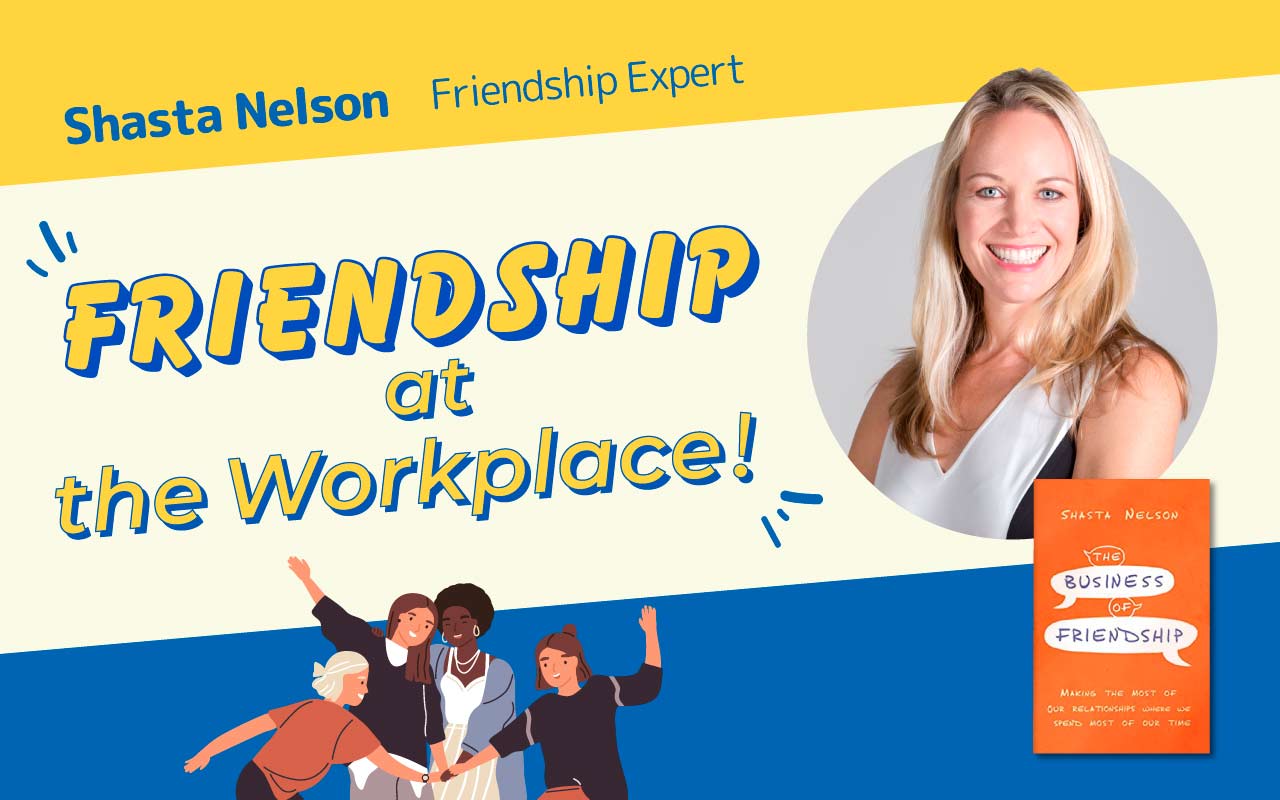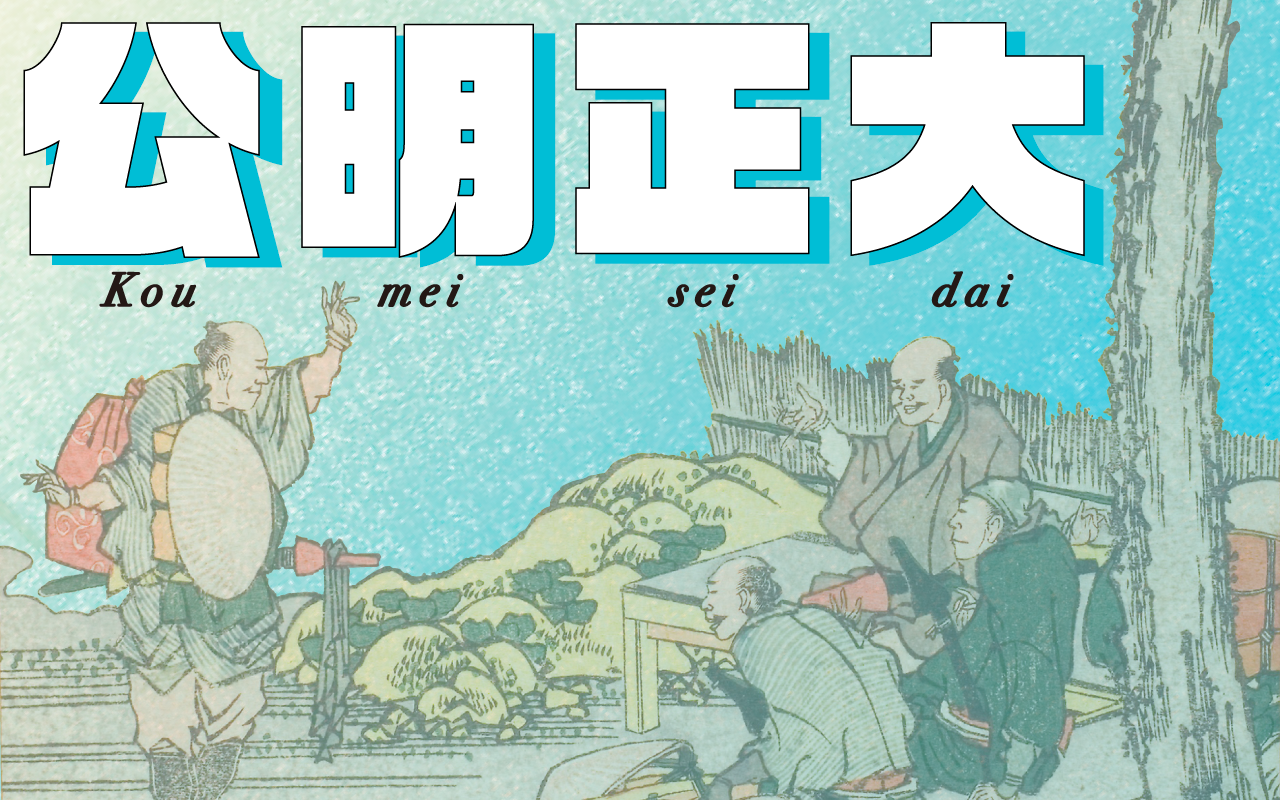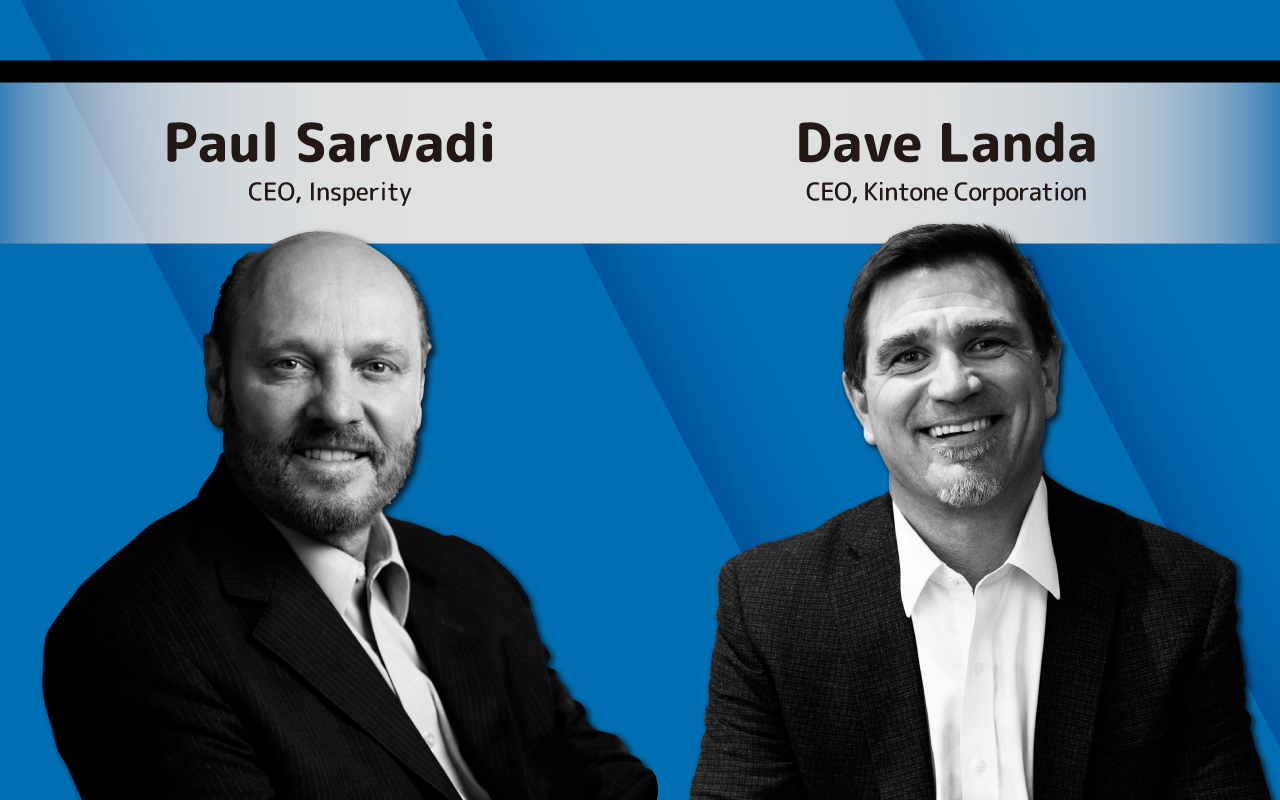What Every Leader Can Learn from Netflix's High-Performing Company Culture
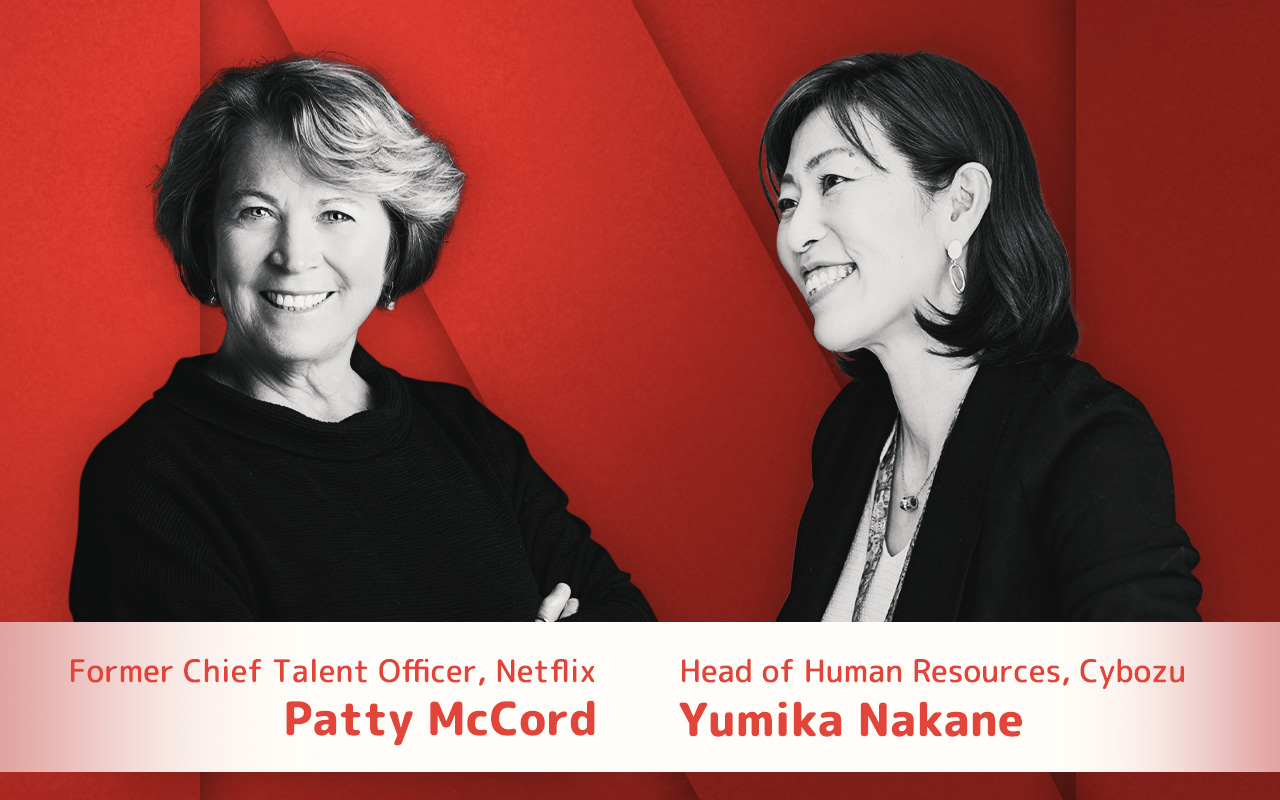
Managing talent within a company is no easy feat. Everyone thinks a bit differently, works a bit differently, has different skills and ambitions. Conflict is bound to happen, and as a leader, your daily routine can quickly devolve into extinguishing fires left and right.
Now imagine trying to manage an extraordinary group of high performers, some of the most competent individuals in their respective fields, coming together to work at one of the world's leading technology firms. You find yourself in a situation where the tinder of pride and ego has been added to the already raging flame of an intense and disruptive work environment, and your job is to keep the blaze under control.
To thrive in such a position takes an aptitude for communication, empathy and honest leadership that few people possess. Luckily, we were able to find two women who have displayed that level of competence throughout their professional lives, and were willing to have an open heartfelt conversation about the challenges they faced and the lessons they learned.
Patty McCord spent 14 years as the former Chief Talent Officer at Netflix. She was instrumental in defining the tech giant's culture by helping draft the wildly famous Netflix Culture Deck. In a discussion with Yumika Nakane, current head of human resources for leading Japanese tech startup Cybozu, she talks about the importance of transparent leadership and treating every employee like the adult they are.
We're all adults who want to do a good job
Yumika: My company, Cybozu, was founded in the same year as Netflix: 1997. Currently, we have about 900 employees, compared to Netflix's 7,500. In other words, your company grew more than eight times faster than ours—which I find mind-boggling! How did you manage to safeguard your company's culture throughout such explosive growth?
Patty: First, leaders need to realize that culture is a process. It's not something you get done—it's something you keep doing, forever. At Netflix it took us 10 years to come up with our original Culture Deck.
I've been gone from Netflix for eight years. Since then, some elements of the culture have changed, others have stayed the same. Culture gets passed down and adapts to the people currently working there. So maybe "safeguard" isn't the right word—culture evolves.

Patty McCord served as chief talent officer of Netflix for 14 years and helped create the Netflix Culture Deck, which has been viewed more than 19 million times since it was first posted. She participated in IPOs at Netflix and, before that, Pure Atria Software. A veteran of Sun Microsystems, Borland, and Seagate Technologies, she has also worked with small start-ups. Her background includes staffing, diversity, communications, and international human resources positions.
Currently, Patty coaches and advises companies and entrepreneurs around the world on culture and leadership. Her book Powerful: Building a Culture of Freedom and Responsibility was published in January 2018.
Yumika: What is the most important thing to keep in mind when you're starting that evolutionary process?
Patty: You have to keep in mind that culture is about the way people behave, not how you define it on paper. If you claim you want a culture of openness and honesty but the people at the top are keeping secrets, your people will see right through that. So the most important thing is: However you define who you are as a company, make sure you attach behaviors every day to show that you're living your culture.
Yumika: I want to drill down on that example of openness. In your book Powerful your stress how important it is to be transparent and honest as a means to encourage open debate among employees. This is something we hold dear at Cybozu as well. What can leaders do to promote a company culture of honesty and transparency?
Patty: It's a journey, but I would say it starts with three things. First is for leaders to have their arguments out in the open. When people further down see their leaders being honest and openly disagreeing—having arguments on substance but committing to each other as people—that's when everybody starts to believe they can actually be transparent.
The next thing that leaders can do is make a pact and agree to call each other out when important information isn't being shared. Transparency is about sharing the good news and the bad news. We all tend to only want to say the good stuff, but the crazy thing is, people trust you more when you tell them the bad stuff.
And then the last thing that's really important for leaders, and I can't stress this enough, is to expect that everyone who comes to work is an adult who wants to do a good job. When you expect everyone to be an adult who wants to do a good job, it changes the way you manage people. Right now, too many companies manage through control, telling people how to behave—like they're children! Nowhere in the world do we have children working for us.

Yumika Nakane is an executive board member and head of the Human Resources Department at Cybozu. After graduating with a law degree from Keio University, Yumika began her career working for a major energy company in the Kansai region of Japan. In 2001 she joined Cyobzu, where she first worked on intellectual property law, contract law, administrative law and mergers and acquisitions. She then moved toward more strategic work in human resources, developing Cybozu's hiring policies.
Yumika's current responsibilities include director of the Legal and Compliance Division, deputy director of the Business Promotion Division and head of Human Resources for all Cybozu branches and affiliates around the world.
Learn to debate selflessly
Yumika: One of the things we've noticed—and honestly still struggle with—is that to have those open and honest debates, people need to be aware of their own faults and be open about the fact that they're not perfect. How do you make sure those debates stay on track and don't devolve into personal attacks?
Patty: Here's the secret: Every debate you have in your company must ultimately be about how you're going to deliver satisfaction to the customer.
If your debate becomes about "I'm good, you're bad," or "I succeeded, you failed," you're doing it wrong. Instead you should be speaking in facts, like "We wanted to get this thing done but we didn't hit the deadline," or "It didn't meet the goals we set." From there, you can ask the important questions, like "If we did this again, how would we do it better? What do we know now that we didn't know then?"
At that point, you're no longer arguing about who's right. You're having a conversation about what you learned. And that's the secret to great debates—they're not about the people in the room.
I often use the word selfless to describe how people should behave in a debate. If I respect you and think you're smart, and I know we're both seeking the right solution, then we can disagree! Not over who's right or who's smarter, but over what's right for the business.
Yumika: That's interesting, I really like that concept of selflessness! How can I promote that idea further as head of human resources?
Patty: You have to be the one who holds the mirror. You have to be the one to say, "Where does the customer fit into this conversation?"
I used to say to my HR team all the time that we are a service organization, and it's not spelled S-E-R-V-A-N-T-S. The people we serve don't work here.
And that's especially true given what your company does! You come to work to help other teams become more efficient and improve their teamwork, right? That's what you do, that's your product. So if you see somebody acting selfishly, you can cut in and tell them, "How are you helping the people we serve improve their teamwork?"
Being able give that kind of feedback is a key part of teamwork, and practicing it starts internally, within your company.

Yumika Nakane and her interpreter, Megumi Weider.
Half of good communication is good listening
Yumika: Another aspect I'm curious about is the more emotional side. When you're having a debate with someone, even if it's in service of your customers, at the end of the day you're talking to a human, with human emotions. How do you move toward a culture where people don't see feedback as something personal?
Patty: Getting to that kind of culture is about emphasizing the right kind of communication. First, each person has to realize that communication is as much about how you listen as it is what you say. A communication technique that I use for managers—but that really would work for anybody—is that when someone is talking to you and you think "This person doesn't know what they're talking about! Are they stupid?" take a moment to persuade yourself that they're not. They're a smart adult who came here to do a good job.
Once you're able to do that, instead of just thinking "You're crazy," you'll get into the habit of asking the person to help you understand why they believe what they're saying is true.
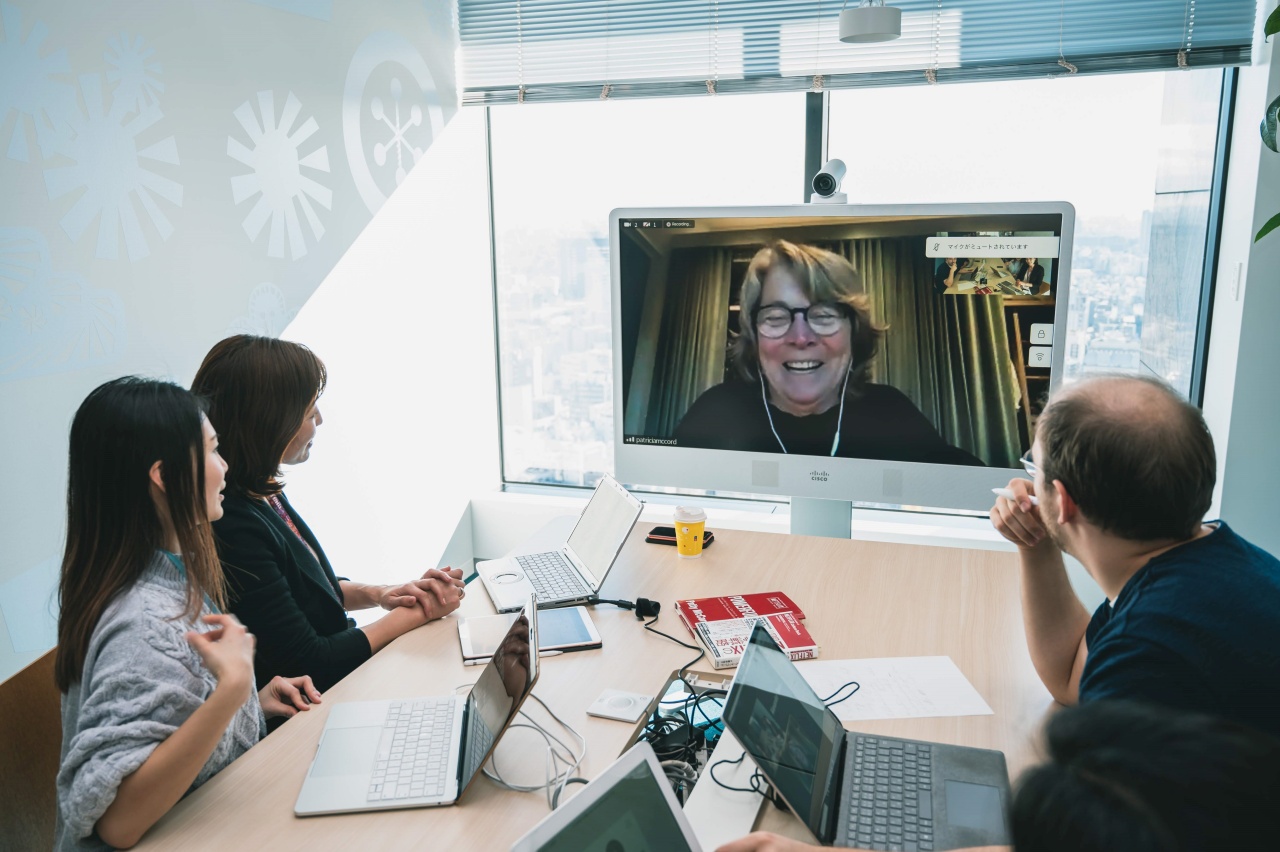
Patty: Another thing, if you hear someone complain about management not knowing what they're doing, what you should do is ask them two questions—and the second one is more important:
1) If you were in management, what decision would you make?
2) What information would you want to have to be able to make a good decision?
With that second question in particular, you get people to start thinking about the business as a whole, and in doing so, it's easier to set aside your feelings.
It takes time, years even, but after a while people will realize that feedback isn't about hurting feelings, it's about making people better. And you can say that to people! You can say, "You could have done better in that meeting. You could have spoken up. You're telling me your opinion now, but the meeting's already over. How can we make it so that next time you speak up?"
By systematically encouraging those kinds of interactions, over time, your company can move toward a culture where people don't take feedback personally.
Yumika: That's really interesting! So you recommend teaching managers good listening, and how to ask the right questions?
Patty: Exactly! Half of communication is good listening.
Let me give you a couple more tips for that. A basic skill to practice good listening is when somebody gives their opinion, instead of the manager dismissing that opinion and saying, "Here's what I think because I'm smarter than you," teach them to repeat back what the person just said. Something like, "I heard you say, 'You think that we could do better if we do this?'"
My other tip is to teach people how to suggest solutions, not just identify problems. If you do point that out to people over and over and over again, instead of saying, "I noticed something's bad," they're going to be trained to follow that with, "Here's what we should be doing." It's easier to listen to someone who isn't just coming with criticism, but actually has suggestions for how to make things better.
Yumika: We do our best to encourage people to always offer up solutions and not just criticism, but how do you get that behavior to stick?
Patty: It's a skill, and you have to develop it like a skill. Some people will naturally be better at it than others, but everybody can learn.
I was recently talking to a major company and five different leaders within that company told me, "We have a victim mentality. People feel like bad things are happening to them." To which I said, "So you're telling me that your people just complain a lot? Are they just a bunch of whiners? Because they sure aren't victims!"
Even in a big company, that's the kind of environment you can find yourself stuck in when people focus on problems rather than solutions.

Have your finger on the company's pulse
Yumika: Another thing we noticed when trying to have open and honest debates is how different people can interpret the same thing very differently. That's why when a problem arises in our company, the first the we do, before even looking for a solution, is make sure that everyone shares the same interpretation of what's wrong. We refer to this process as "bridging the gap between interpretation and reality." How do you do that at a company the size of Netflix?
Patty: As Netflix grew in scale, we realized just how much harder it was to communicate with large groups of people. Even for your company, the way you communicate with 900 people is not the way you communicate with nine people, right?
So the best you can do in that situation is to be constantly thinking about the purpose of every single thing you're communicating. When communicating big ideas to the whole company, you want to use clear language, and make sure to repeat the same words over and over again until they become part of your company's DNA.
That being said, you can't have a real debate with hundreds of people. It's just not going to work. So instead, if you want to communicate something controversial, make sure that people can break off into smaller groups, and then come up with a system so that the information from those groups makes its way back up. I call this the heartbeat of communication—information goes out into every part of the organization and comes back to the heart.
To make sure information was pumping everywhere it needed to go, I used to stop every quarter and ask, "Is what we're doing still effective?" I would go deep into the organization and ask people, "What do you think are the three most important things we're working on right now?" If I heard different answers at different levels of the organization, I knew there was some sort of obstacle in the middle. Then, I could go up to individual managers and ask them, "Is what you say the same as what your people hear, and are you using the right vehicles to get your message across?"

A great team deserves transparent leaders
Yumika: In your book, you explain how important it was for you to have the right person in the right position, in line with the current strategy of your company. Once someone's services were no longer needed, they would be encouraged to go somewhere more appropriate for them.
However, even in an organization like Netflix, while I'm sure a lot of the employees are absolute superheroes, I can't imagine every single one of those 7,500 employees being a high performer. How do you maintain a sense of psychological safety within the company when people know their position will disappear as soon as it's no longer needed?
Patty: It's hard. The only way is to be extremely clear with everyone about the company's direction and strategy. Everyone wants high performers, but at Netflix what that meant specifically was that we wanted a high-performing team to carry out our priorities for the next year. If you start planning further than that, you're just making stuff up.
Then, as you move forward, you have to be really, really honest with people about what's going to change in the business, the team and the product. When everybody's informed, at least there aren't any surprises. If you're working on a technology that's going to be replaced within the next year, you know that some sort of change is going to have to happen to your position. At that point at least things are happening with your knowledge; nothing is happening to you.
The other really important part of my philosophy is: You want to create teams that do amazing work so that you're a great company to be from. That way, if a person leaves, at their next job interview they'll be able to say, "Let me tell you about all the amazing things we accomplished. And by the way, I can do those things for you!"

Clockwise around the table: Megumi Weider, Yumika Nakane, Patty McCord, and Kintopia editorial team members Alex Steullet and Mina Samejima.
A career is ultimately a journey, and it's important for people to understand that every part of your career is about gathering the most valuable experiences you can. Since I left Netflix, I've learned about that way of thinking from professional athletes. I remember being at an event with a basketball coach in the U.S., and somebody from the audience said to him, "It must feel terrible at the end of the season, having to say goodbye to all these people." The coach just looked at him and said, "It's professional basketball! They get it!" (laugh)
So why is it that we can talk about these kinds of things with 25-year-old athletes but not 45-year-old adults?
At the end of the day, nobody wants to be in a situation where you know exactly what to do, what your time frame is, how to beat your competition—but you also know you can't win because you have the wrong team. That's really the worst-case scenario. You have to have the right team, and to get the right team, you have to be honest and open with people.
Yumika: I really like that sports analogy. One of the things I've experienced time and time again is just how much importance people attach to their position inside a company. We see those positions as a pyramid, when really we should see them as just another position within a team. One player may score more points, be a better player and have a higher salary, but at the end of the day, you need a full team to win.Patty: You're right, and that should be the basis for scaling your leadership model as your company continues to grow. Leaders are responsible for putting together amazing teams. As a leader you have to move around, meet people, talk to people and expect a lot.
I'd like to leave you with one last Patty saying:
If you expect mediocrity, that's exactly what you're going to get. If you expect excellence, you'll be surprised with what you get, even from mediocre performers.
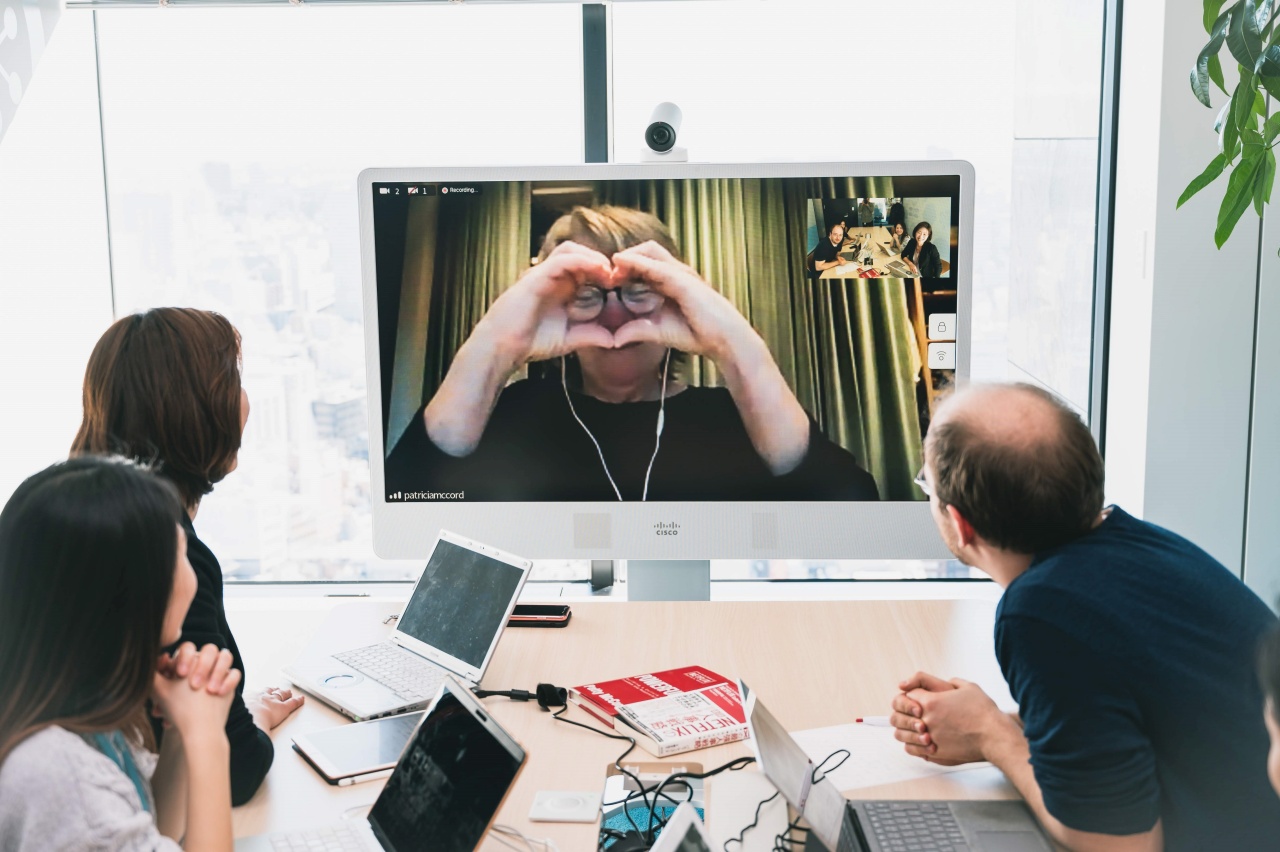
Article by Alex Steullet. Edited by Mina Samejima. Photographs by Dan Takahashi. Special thanks to Megumi Weider for providing interpretation and Loraine Perez for her help in organizing this interview.
Writer

Alex Steullet
Alex is the editor in chief of Kintopia and part of the corporate branding department at Cybozu. He holds an LLM in Human Rights Law from the University of Nottingham and previously worked for the Swiss government.
Photographer

Dan Takahashi
Dan is an editor and photographer for Kintopia's Japanese twin website Cybozu-shiki. He is the most recent member to join the corporate branding department at Cybozu.
